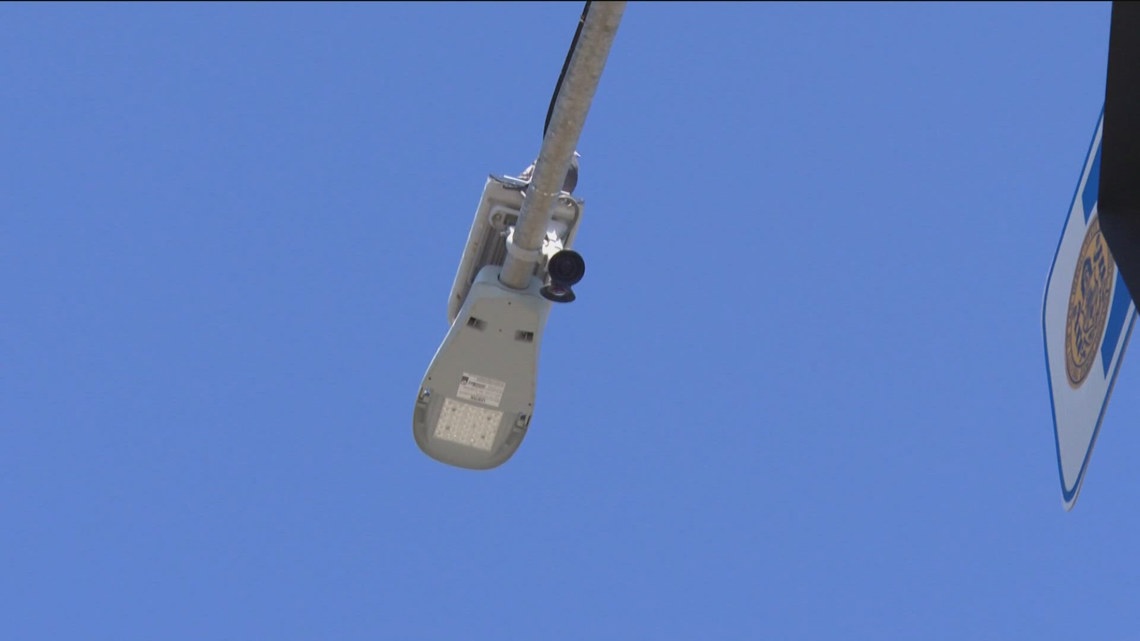Since the city adopted the technology nearly two years ago, automated license plate readers have helped lead to more than 420 arrests, according to law enforcement.
SAN DIEGO — San Diego’s Public Safety Committee voted unanimously Wednesday to allow the police department to continue operating automated license plate readers throughout the city, despite passionate objections from privacy advocates who worry the technology could be misused to target vulnerable communities.
The decision moves forward a program that supporters say has been instrumental in public safety. Since the city adopted the technology nearly two years ago, automated license plate readers — known as ALPRs — have helped lead to more than 420 arrests, according to law enforcement.
However, the committee’s approval came only after San Diego police agreed to strengthen safeguards.
“We are seeing rapid responses in getting people off the streets and into custody,” San Diego Police Lt. Kristopher McAndrew said.
McAndrew pointed to a recent armed carjacking that was quickly solved through ALPRs.
“We entered the license plate into the hot list. It alerted downtown, and within 30 minutes, we got that person in custody,” he said.
But critics remain unconvinced. The city’s volunteer-based Privacy Advisory Board had voted to recommend shutting down the ALPR program over safety and privacy concerns.
Earlier this year, California’s Attorney General questioned the police department’s practice of sharing ALPR data with federal agencies, as documented in the police department’s annual surveillance report. The sharing violated state law.
“We made it crystal clear: We are not sharing with the federal government, out of state or any other outside entities,” McAndrew said.
Homayra Yusufi of the Trust SD Coalition expressed concerns about the technology’s history.
“Flock has been rejected in cities across the country because of privacy concerns, because they have been sharing data with federal immigration enforcement and has been putting people’s lives at risk,” she said.
Under the conditions approved Wednesday, the police department will retain ALPR data for no more than 30 days and provide quarterly audits of the program.
Public Safety Committee Chair Marni Von Wilpert sought assurances from police.
“If the federal government were to do that and break the law, and we have evidence that they are using this for unlawful purposes, can I get your assurance that we will turn these cameras off?” she asked.
Police confirmed they would. Despite these commitments, critics said their fight is far from over.
“The fight absolutely will continue,” said Yusufi.
The committee’s unanimous approval now moves the matter to the full City Council for a vote expected to take place early next month.
